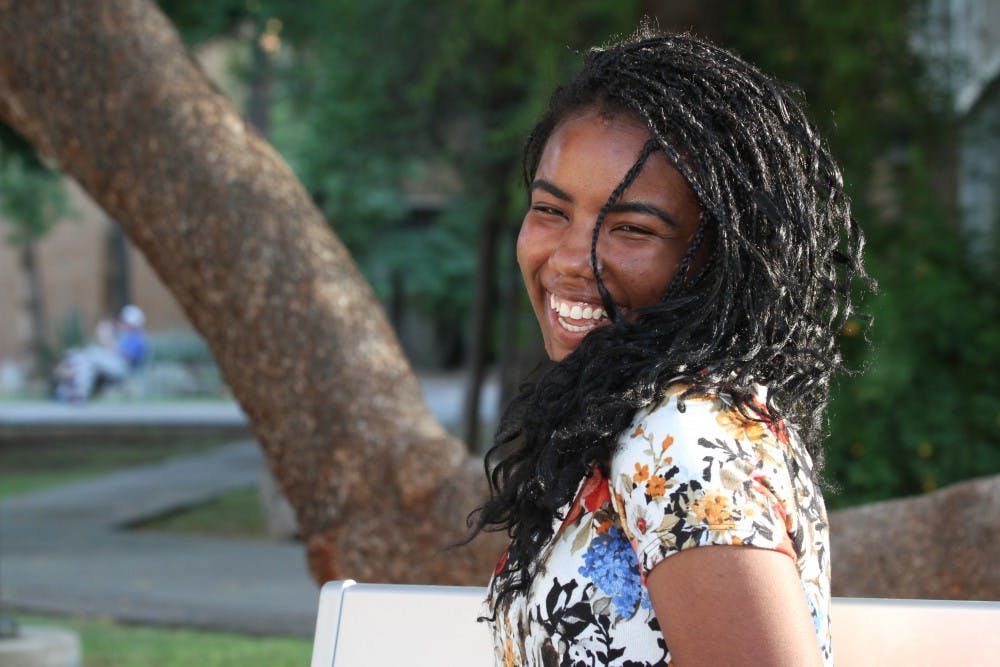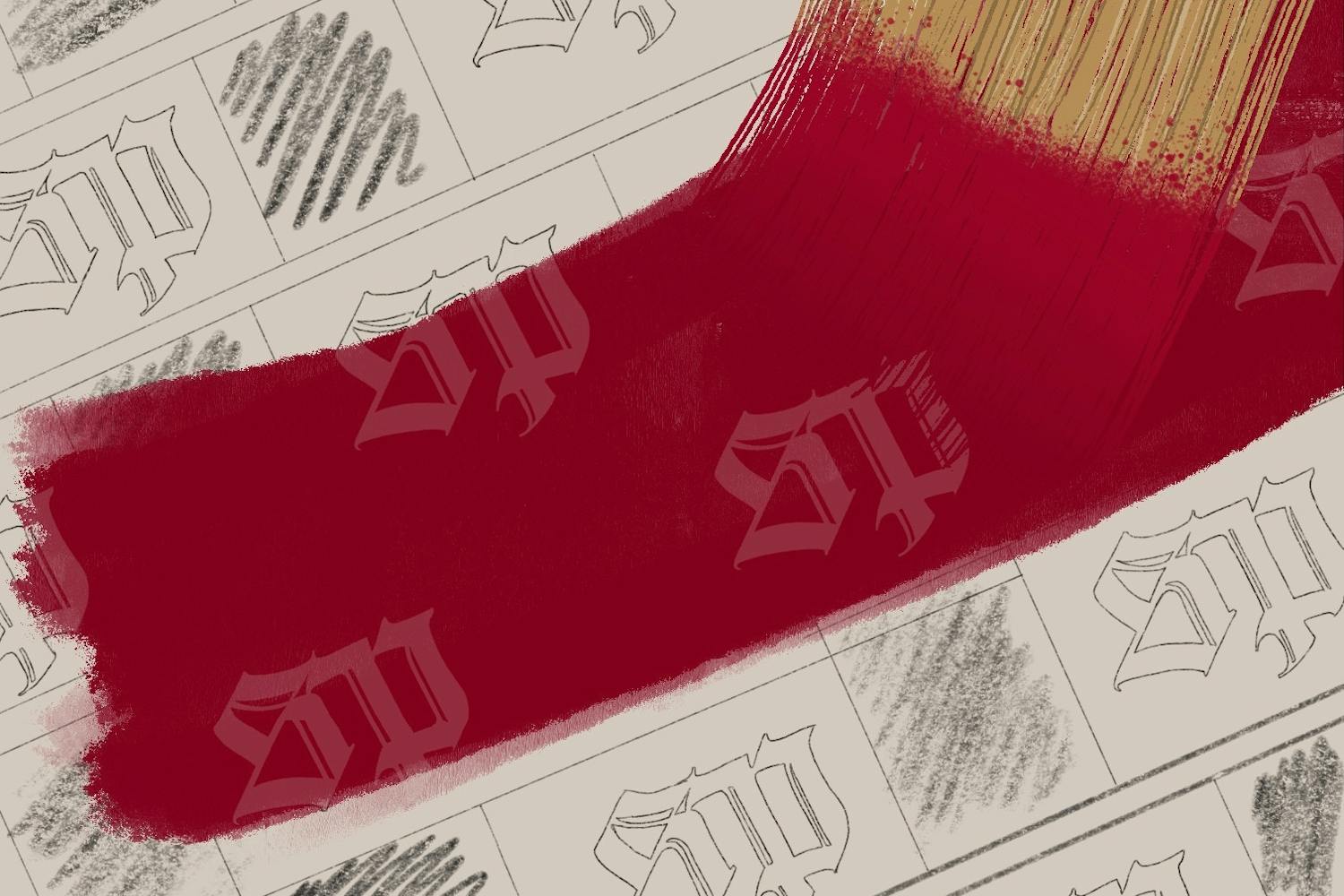Hair and personal identity are integrally connected for many in the black community.
Hair is filled with historical connections and has emerged as a hot topic in popular culture. The focus and choices regarding hair for black college students is a form of personal expression with heavy implications, said Ersula Ore, an assistant professor of African and African American studies and rhetoric.
"The issues and conversations around black hair and black beauty will always be in circulation," she said.
Understanding how black hair has functioned in society throughout history is important to how conversations around the topic are navigated today, Ore said.
"It is worth it to have a conversation and hash out the history so people understand the choices they are making and why they are making those choices," she said.
Through the decades, popular styles from afros in the '60s and '70s to perms in the '90s have served as symbols of empowerment among black women.
"Now in the 21st century we are back to valorizing natural beauty," Ore said.
From American pop-soul singer and songwriter Solange's song "Don't Touch My Hair" to the 2018 romantic comedy trending on Netflix, "Nappily Ever After," the conversation of 'going natural' is surfacing in popular culture.
Ore said the debate about how to style hair and what styles are "appropriate" is "steeped in a larger conversation about whiteness, self-hate, self-love and internalized oppression."
Despite all of the controversies and implications surrounding black hair, there is no one style ASU students subscribe to.
Karen Santos, a senior majoring in exercise and wellness, had been getting her hair relaxed her whole life.
“As a kid, you don’t really understand what a relaxer is really doing,” Santos said.
Relaxers are made with the chemical, sodium hydroxide which makes the hair straighten faster and can lead to hair thinning, breakage, scalp burns, scalp infections and respiratory issues.
Santos said she decided natural hair was the next step in her hair journey.
In March 2018, Santos's friend and hairstylist chopped off her hair. Santos runs a YouTube channel where she depicts her hair journey and posted her own video talking about her big chop experience.
“It was a hard experience, I cried when she cut my hair … it was just rough because it was almost like letting something that was so important go,” Santos said.
While some girls let their natural hair "be" after the big chop, others get protective styles for their natural hair to prevent breakage, promote hair growth and help keep their hair moisturized.
One of the most popular ways to protect hair is through braids. Girls can braid their own transitioning hair, or get a protective braided hairstyle.
Protective style braiding is done by portioning the hair, braiding from the root and adding in little pieces of one’s own hair while braiding the extension hair.
Jiaya Echevarria, a sophomore majoring in global studies, has been getting braids since she was in third grade.
Echevarria said getting the braids done is a long process and “the day is strictly for her hair.”
“We go from when we wake up around 10 a.m. (and the process) takes (until) around 12 a.m. of the next day,” she said.
Echevarria recalls that when she first started relaxing her hair, she didn't know how to properly take care of it and felt self-conscious and insecure as a result.
Now, Echevarria prefers the style of micro-braids to when she relaxed her hair in high school because she feels it is a better reflection of her identity.
"I feel very me when I have my hair out," said Echevarria.
Mariah Bates, a senior studying fashion, has been getting her hair relaxed since she was 5 years old.
Bates said she doesn’t feel self-conscious about still getting her hair relaxed in a time where there is a big push to go natural. Bates also runs a YouTube channel that features some videos around the topics of maintaining relaxed hair.
“I feel like there is a push and a pressure to wear your natural hair and if you’re not wearing your natural hair you’re not being true to yourself, but I’m still going to relax my hair," she said. "This is the way I'm used to it."
Santos said regardless of each person's individual choice, black women need to respect each other's choices.
"At the end of the day we have to support one another and that’s how I feel, whether they straighten their hair everyday or not, it’s up to them," Santos said.
Reach the reporter at jrschram@asu.edu or follow @jessicaaschram on Twitter.
Like The State Press on Facebook and follow @statepress on Twitter.




